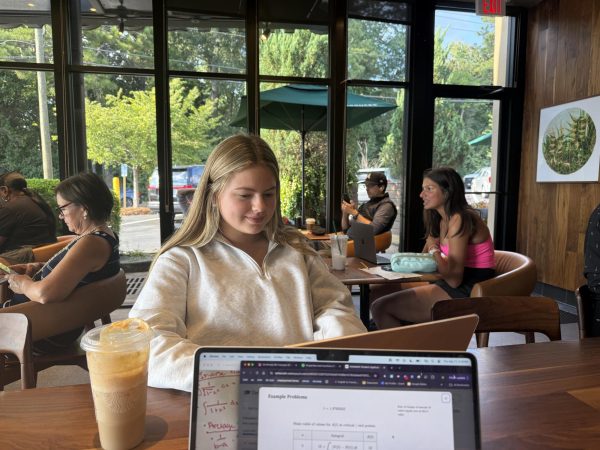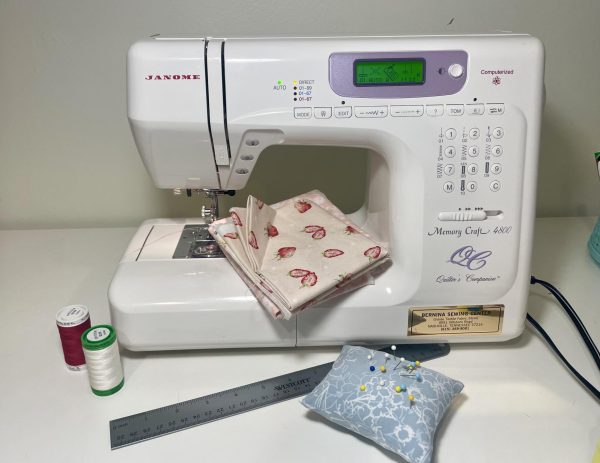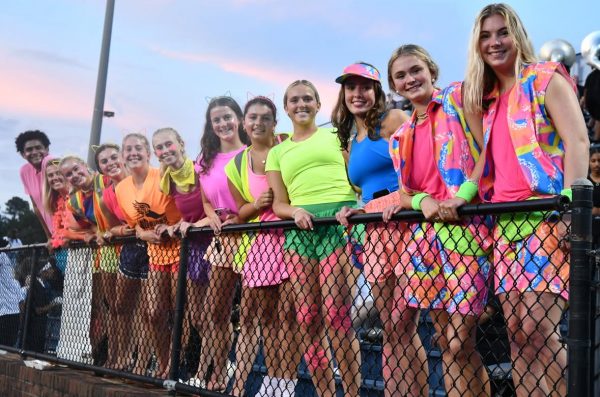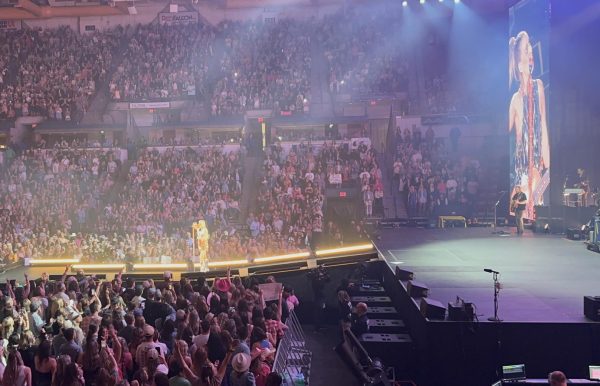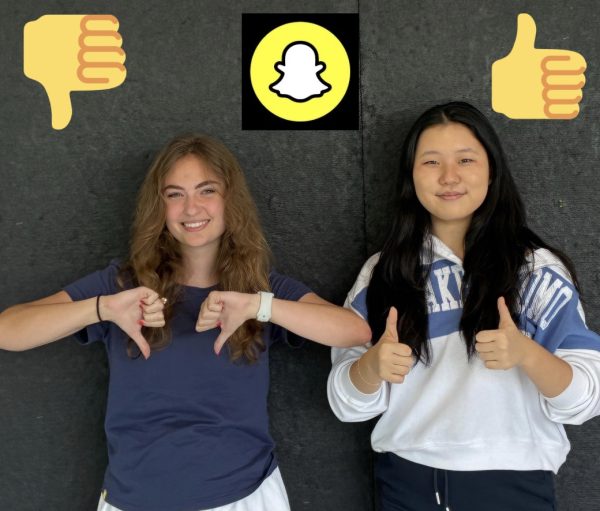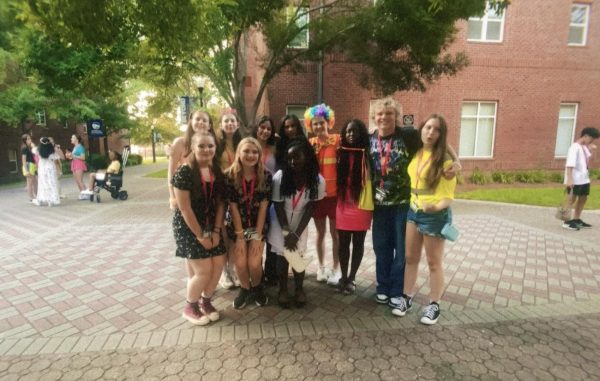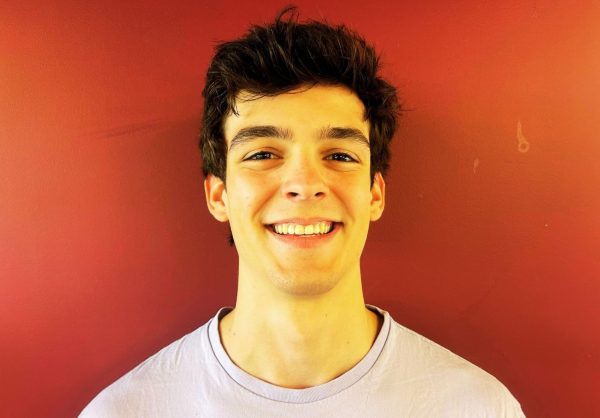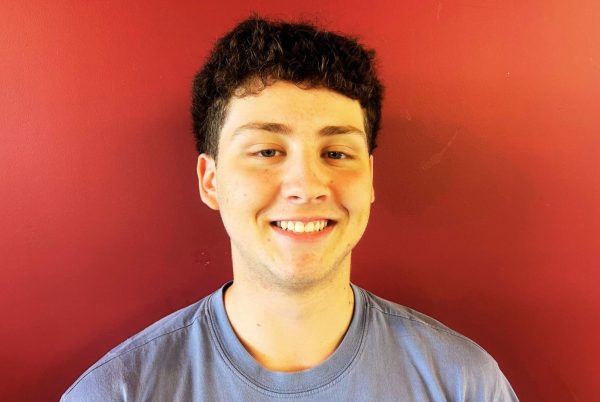Isolation in Education: Being Black in IB
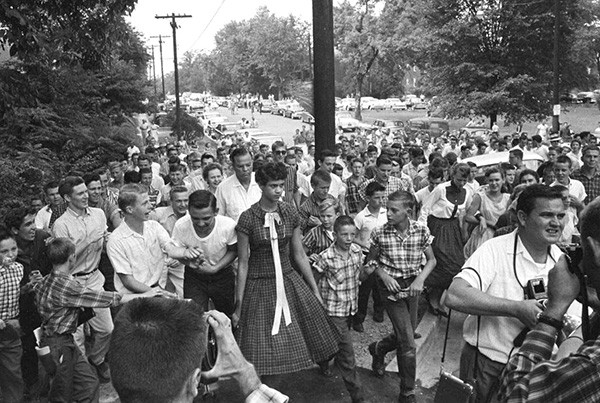
Dorothy Counts was the blueprint of resilience in a situation of isolation by desegregating Harding High School in 1957.
Systematically, our school system is broken. I have had capable friends confined to classes that aren’t reflective of their intelligence. There have been people less qualified in my classes just because of the advantages they have access to with their socioeconomic status, like being able to afford tutoring. This cycle has continued for years and has gotten to the point where the more challenging a class gets, the less diverse it becomes. There are instances where I have been one of only two or three African Americans in my class. And I am not the only one who has experienced this. Many NAHS students similarly feel as if they are outliers in their classes.
This problem derives from years and years of racial differences in the education field. Before the Brown vs. Board of Education ruling, white children and African American children had completely separate schools. The white schools had all the resources they needed while African American schools were left with the scraps. After the Brown vs. Board of Education decision integrated schools, white people avoided interacting with African Americans. They created elite programs, costing large sums of money that African Americans didn’t have. While this isn’t intended anymore, we still see remnants of these circumstances starting as early as the gifted classes in elementary school. I was the only African American student in my gifted classes throughout elementary school and one of two in middle school. I couldn’t help but expect the same circumstances even as my schools continued to become more diverse as I moved on to high school. This was just what I was used to. “Honestly, I’ve become accustomed to being one of the few African American students in my classes,” said IB Junior Angel Scott. “It’s been like that for as long as I can remember since I tend to take the harder course.”
Unfortunately, there are compounding problems that have weighed me down to the point that I have even considered dropping out of these harder classes just to escape the stress. Not only is it hard to be surrounded by people who don’t look like you, but it is also hard to carry the burden of representing the people who look like you. There is a consensus among the African American community that in most cases, you need to work twice as hard to get to half of where your white counterparts might be. This idea is felt directly by both me and many other African American IB students. Being one of the few makes us feel as though we need to make our community proud. There is pressure to not only break the statistic but to shatter it. It’s not enough to just be equal with our white counterparts, because that won’t help us stand out. We need to exceed the expectations of those around us. That is a lot of stress to carry, along with the already challenging content that comes with the IB program. “I feel like I have to be two steps ahead of everyone else to be seen with the same respect,” said IB Junior Shelby Terry.
While the school does reflect a great amount of diversity, that is not the reality in IB. I have always felt a sense of separation, maybe even segregation in my classes ever since I started school, and unfortunately, this feeling hasn’t faded. Maybe the solution is right under our noses, but for the sake of future generations, I hope it will be found soon.


